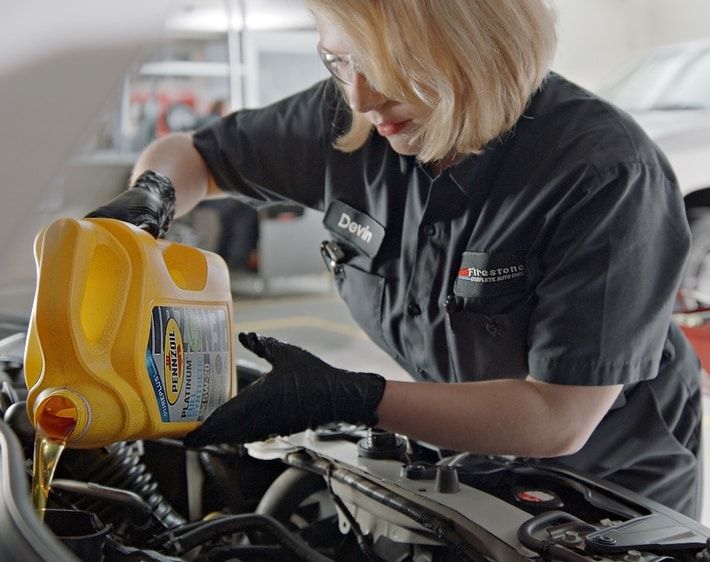
Diligent car maintenance can help you catch minor issues before they turn into big problems — and one common annoyance drivers run into is dirty oil! However, in most cases, dirty engine oil isn’t necessarily a bad sign (as long as you get timely changes). Find out what causes engine oil to get dirty, what’s normal, and what’s not.
What Causes Engine Oil to Get Dirty?
Over time, your vehicle's oil filter can collect dirt, debris, and gunk. All that gunk can cause your engine oil to become dirty. This is normal. But once the oil becomes dirty, it’s time to change the oil and oil filter. Why? Because dirty oil can harm your car by damaging engine parts, decreasing fuel efficiency, or even triggering an engine breakdown.
Long delays between oil changes and normal engine wear and tear can also lead to dirty oil. Going without an oil filter change can result in dirty oil, too. As noted by market research company J.D. Power, the engine oil and oil filter need to be replaced more often than any other item on your vehicle.
How Do You Know When Engine Oil Is Dirty?
A trained auto technician can tell when the oil in your vehicle is dirty. But you may also be able to spot some signs of dirty oil on your own by paying attention to the color of the oil.
Brand-new engine oil is typically a translucent amber color, similar to the color of honey. Once new oil is added, it circulates through the engine block to lubricate parts, redistribute heat, clean the engine, and fight rust and corrosion. Over time, however, oil can become contaminated, making it darker and thicker. Such changes in your oil’s color and viscosity may prevent it from working as it should!
“Oil degrades over time. The longer it sits, the less viscous it becomes and thus, the less effective it will be at keeping various engine components properly lubricated,” according to Popular Mechanics magazine.
As time goes on, oil can change colors. For example, brown or gray engine oil with a milky or foamy consistency could be a sign of contamination from a coolant leak or of excessive engine idling. Extreme oil reddening may mean there's an automatic transmission fluid leak.
Regardless of which color your oil changes to, if you notice any signs of your oil degrading, visiting your local car care experts for a free inspection is your best bet!
Keep Your Engine Clean with a Firestone Oil Change
Are you overdue for an oil change? Oil is the lifeblood of your vehicle. When something looks or feels off with your oil color, level, or smell, it’s time to get it checked out — regardless of whether it’s time for a routine oil change! Make an appointment today at your nearest Firestone Complete Auto Care for expert oil change services, repairs, and routine service recommendations.



